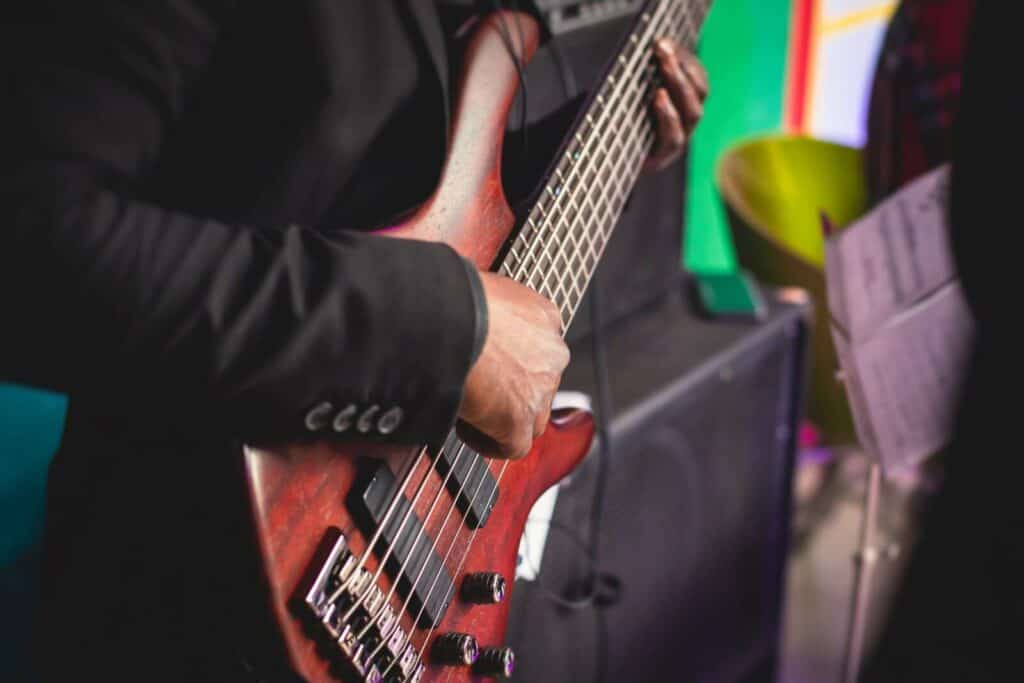Did you know that musicians can be up to four times more likely to experience hearing loss? From Eric Clapton, to Barbara Streisand, and Neil Young; many famous musicians live with impaired hearing. This medical condition reduces capacity to hear and process speech as well as sound which has significant effects on everyday life. Loud noise exposure is a common cause of hearing loss. Musicians are regularly exposed to excessive noise, increasing their risk of developing noise induced hearing loss. Fortunately, this type of hearing loss is preventable and you can reduce your risk by practicing a few simple safety measures.
Understanding Noise Induced Hearing Loss
One time or regular exposure to loud noise can permanently damage the auditory system which is the sensory system for hearing. Loud noise can impair the sensory cells that are in the inner ear which play a crucial role in how sound is processed. There are thousands of sensory cells in the cochlea which are responsible for converting incoming soundwaves into electrical signals. These signals get carried to the brain to be further processed, including assigning meaning to, allowing us to understand what we hear.
Loud noise can desensitize and weaken these cells, making them increasingly vulnerable to dying. This damage reduces their capacity to process soundwaves effectively, resulting in the brain receiving less auditory information. Unlike other types of cells we have, sensory cells in the inner ear (there are about 16,000 in each ear) do not regenerate. There are also no medical interventions that can repair or replenish these cells. This means that the damage they experience is permanent, producing noise induced hearing loss.
Identifying How Loud is Too Loud
It is important to be aware of the noise levels you are exposed to. Sound is measured in decibels (dB) and noise exceeding 85dB can damage hearing health. This is equivalent to busy city traffic, a hair dryer, and a bustling restaurant during peak hours. The threshold for safe listening is 85dB for 8 hours a day, but for noise levels exceeding this, exposure time should be significantly reduced.
The Occupational Health and Safety Administration (OHSA) suggests that exposure time is cut in half for every 3dB increase of sound after 85dB Their guidelines for safe listening include:
-
- 85dB: 8 hours
- 88dB: 4 hours
- 91dB: 2 hours
- 94dB: 30min
- 97dB: 15min
- 100dB: 7min
Exceeding these levels can irreparably damage hearing. It is important to measure the noise levels you are exposed to so you can adjust your exposure time accordingly. You can do this by downloading an app (there are several) that measures decibels in your environment.
Tips to Protect Hearing Health
In addition to measuring noise levels and adjusting exposure time, there are more safety measures you can practice to protect your hearing. This is especially important for musicians who experience an increased risk of developing noise induced hearing loss. A few tips to integrate include:
- Wearing hearing protection: this is a key safety measure that is necessary for musicians. There are various types of hearing protection including options that are custom made for musicians. This includes ear plugs that protect hearing while delivering the sound you want to hear. Custom options are also tailor made to your specific ears, ensuring a perfect fit and maximum protection.
- Using in-ear monitors: in-ear monitors enable musicians to hear music directly in their ears as it is playing. In-ear monitors maximize noise cancellation technology to minimize background noise and deliver sharp sound, allowing musicians to hear music clearly without compromising hearing health
- Regularly test hearing: integrating a hearing test in yearly health check-ins is an important way to monitor your hearing health. Getting your hearing tested regularly if you are a musician is especially important. Hearing tests involve a painless and noninvasive process that measures hearing capacity in both ears. This identifies your hearing needs, allowing you to catch any symptoms you may experience early on.
Practicing these safety measures can protect your hearing health and prevent the development of noise induced hearing loss. Contact us today to learn more about the services and technologies available to support your hearing health. We look forward to helping you prioritize your hearing health and wellness!





